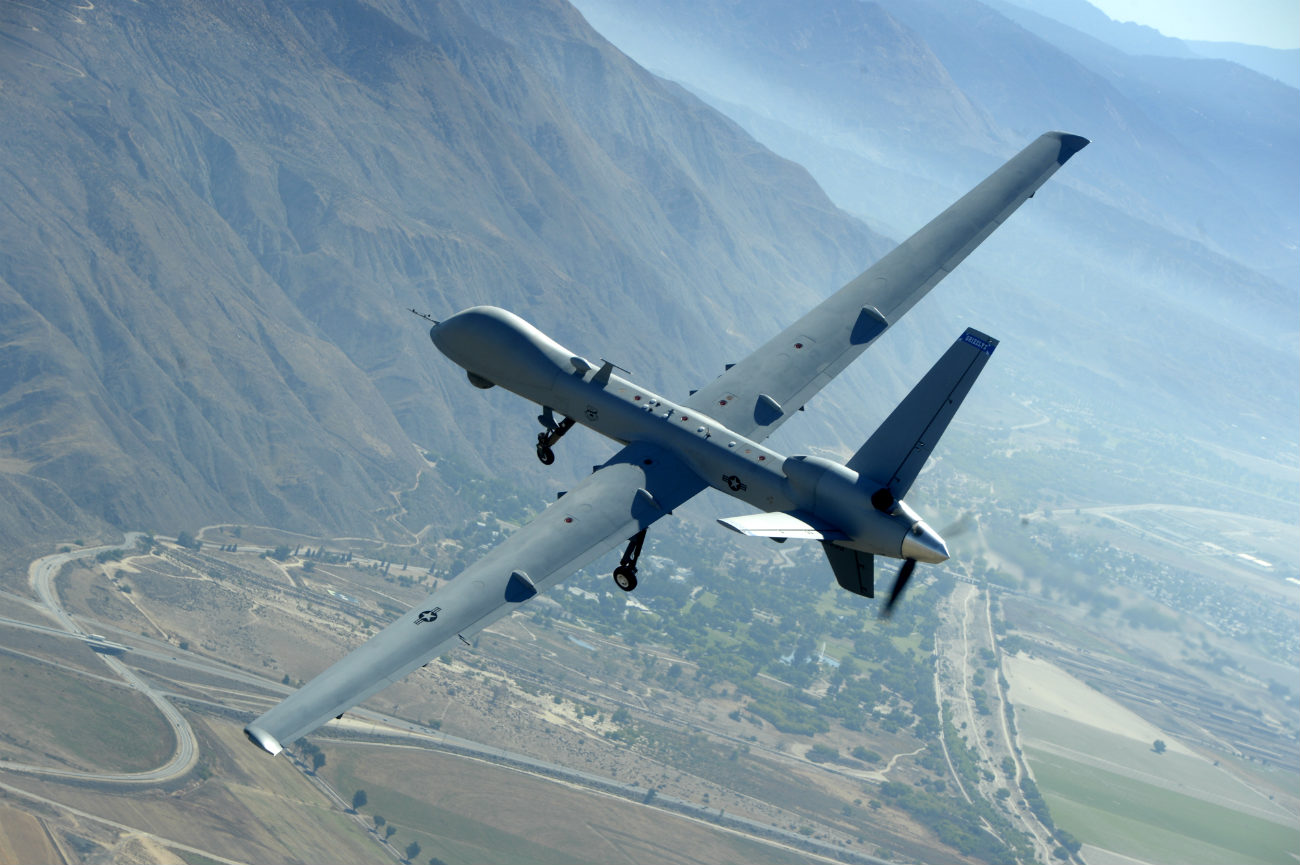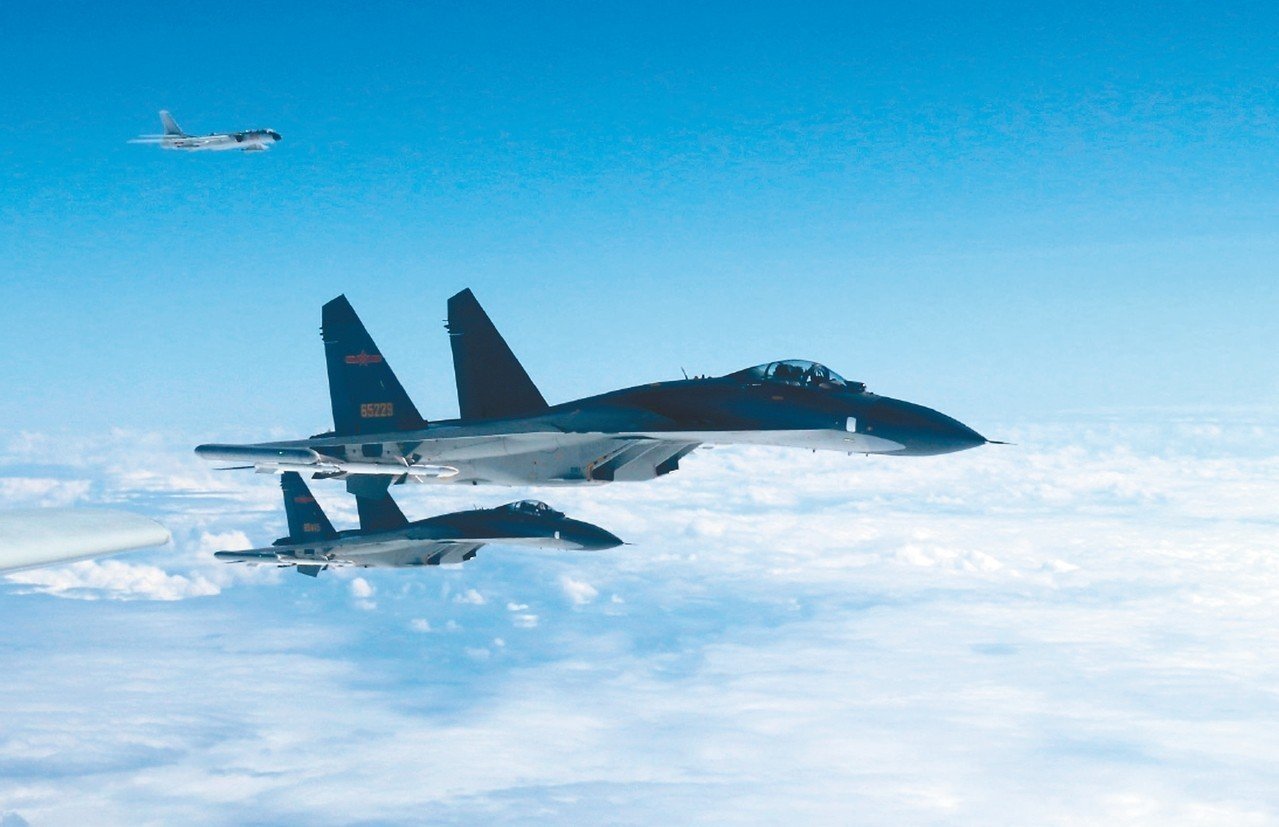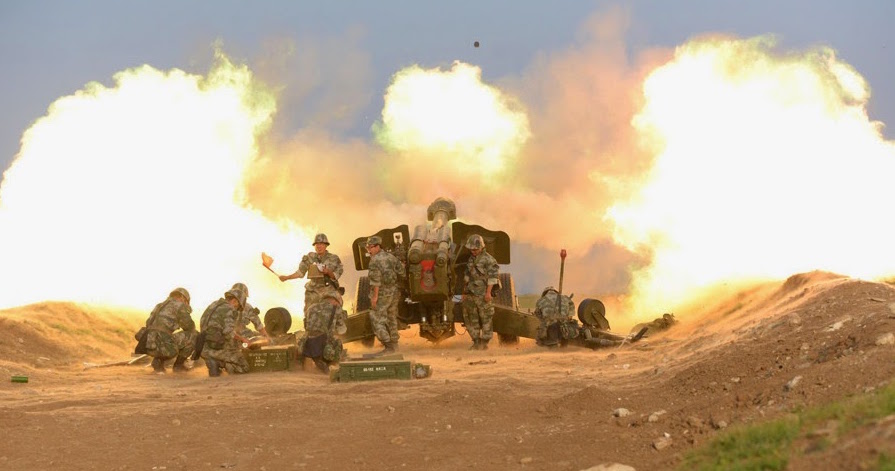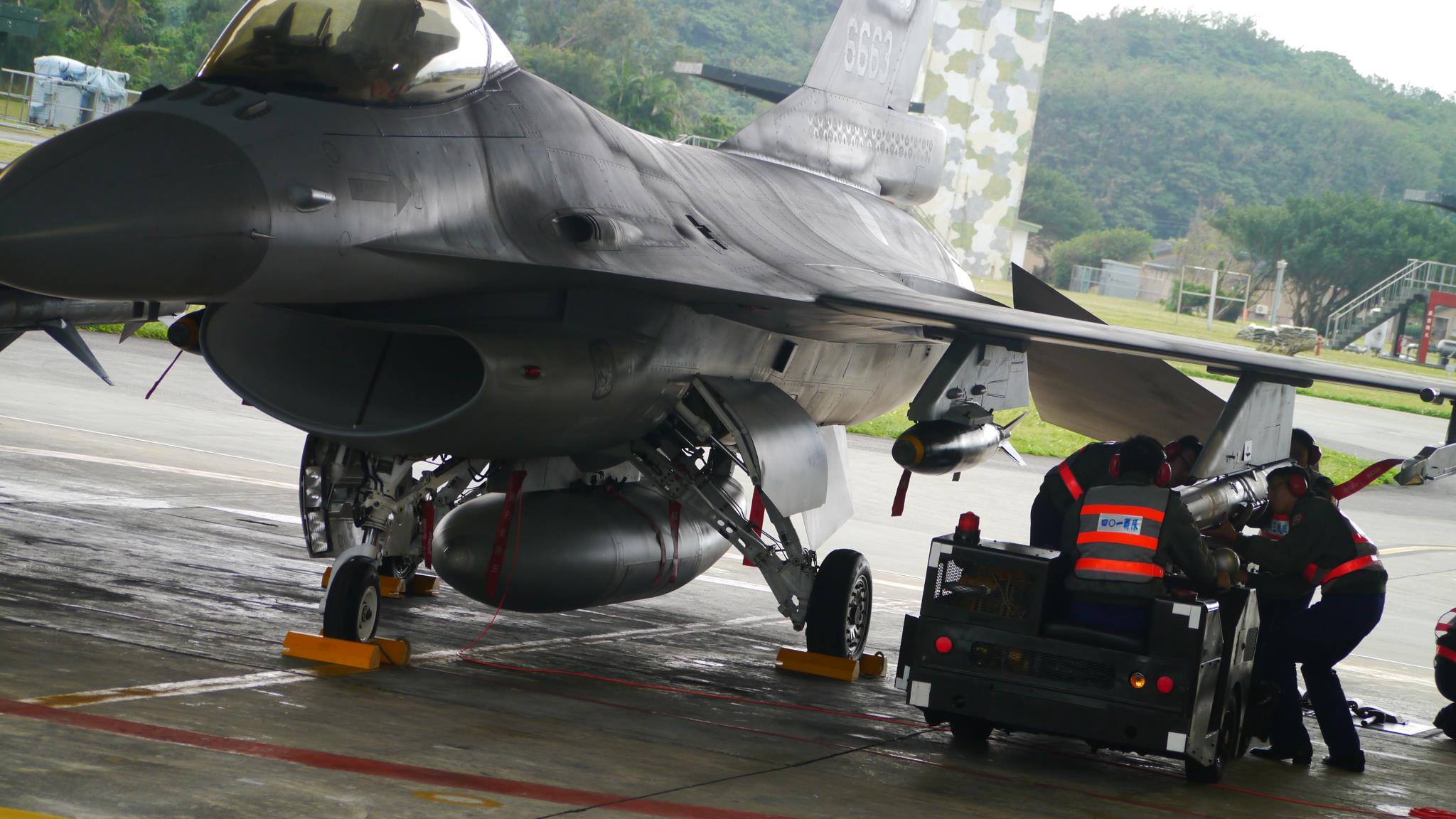The proposed sale includes 108 M1A2T Abrams Tanks and 250 Stinger anti-aircraft missiles.
The U.S. Defense Security Cooperation Agency (DSCA) on July 8 announced the notification to Congress of M1A2T “Abrams” Main Battle Tanks (MBT) and Stinger Missiles to Taiwan as part of a proposed US$2.22 billion sale.
According to the published Congressional Notifications, the deal includes the proposed sale of a total of 108 M1A2T Abrams Tanks; 14 M88A2 HERCULES Vehicles; 16 M1070A1 Heavy Equipment Transporters (HET); 338 M2 Chrysler Mount and M240 machine guns; a variety of munitions and other equipment and services; as well as program logistics and additional support.
The M1A2s will likely be incorporated into the Republic of China (ROC) Army’s 6th Army Corps’ two armored battalions in northern Taiwan, replacing some of Taiwan’s aging M60A3 “Patton” and CM-11 “Brave Tiger” tanks currently in service.
The M1A2T is a special-configuration variant of the M1A2C for Taiwan, with depleted uranium armor replaced by tungsten carbide armor.
The second notification includes 250 Block I-92F “Stinger” man-portable air-defense system (MANPADS) and four (4) Block I-92F MANPADS “Stinger” fly-to-buy missiles, along with related equipment and support, at an estimated cost of US$223.56 million.

Taiwanese government sources told Taiwan Sentinel that the ROC Army had long pressured the government to make the request for the M1A2.
The M1A2 will add firepower in counter-landing operation along Taiwan’s coastal areas. Commenting on the matter, the U.S.-Taiwan Business Council (USTBC) wrote in a press release that “despite initial concerns over the efficiency of the M1A2 Abrams platform on Taiwan’s coastal wetlands and in its mountains, the U.S. has provided the Taiwan military with the equipment it has requested, trusting to Taiwan war planners and military strategists to make their own determination of Taiwan’s needs.”
“The Administration has made a commitment to regularize and normalize the arms sales process to Taiwan, and today’s announcement is a testament to that commitment.”
“These tanks and missiles will provide the Taiwan army with a modern capability to deter and complicate the operational planning of the People’s Liberation Army (PLA) forces that coerce and threaten Taiwan,” USTBC president Rupert Hammond-Chambers said. “They will also offer new opportunities to engage in cooperation with the United States in both the deployment and operations phases, and to maximize the effectiveness of the equipment.”
“The Trump Administration recognizes that even at a time of higher tensions in the U.S.-China relationship, the U.S. providing material support for Taiwan’s ongoing force modernization should not be predicated on U.S.-China priorities,” Hammond-Chambers said. “The Administration has made a commitment to regularize and normalize the arms sales process to Taiwan, and today’s announcement is a testament to that commitment. It is a sound and responsible policy that will maximize the deterrent nature of a modern, well-equipped Taiwan military capable of complicating and deterring any actions by the PLA.”
The proposed arms sale is in-line with requirements under the Taiwan Relations Act to provide Taiwan with the appropriate level of defense equipment and occurs amid growing assertiveness by the People’s Liberation Army. The announcement also disproves the view that Washington, D.C., could put arms sales to Taiwan on hold as President Donald Trump seeks to reach a deal with Beijing on the trade war.
Another request, this one for F-16 “Viper” combat aircraft, is currently under review by the U.S. government, with an announcement expected after the August congressional recess.
During a regular press briefing on July 9, Chinese foreign ministry spokesman Geng Shuang called on Washington to “immediately cancel” the proposed sale, saying it “opposed the action.”
You might also like
More from Military
Taiwan Requests New Combat Aircraft From the US: What Happens Next?
Whatever happens in the next few months — and expect the whole thing to become highly politicized — it is …
Taiwan’s Air-to-Air Missile Shortage: A Critical Vulnerability
The acquisition or development of more air-to-air missiles is a small but highly important measure to improving Taiwan’s self-defense for …









